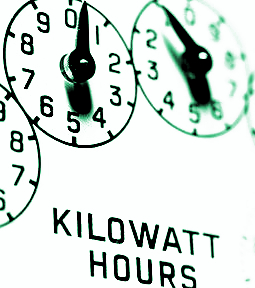AEMO reports VPP lessons
 The Australian Energy Market Operator (AEMO) has shared its fourth and final VPP knowledge report.
The Australian Energy Market Operator (AEMO) has shared its fourth and final VPP knowledge report.
AEMO says its Virtual Power Plant (VPP) Demonstration has shown that consumer-owned energy resources can deliver essential system services, respond to energy market price signals, and deliver local network services.
AEMO has now published its fourth and final knowledge sharing report for the VPP Demonstrations, which explores the lessons, future considerations and implications for the industry.
In Australia, VPPs are typically focused on coordinating distributed energy resources (DER) like rooftop photovoltaic (PV) systems, battery storage and controllable load devices, such as air-conditioners or pool pumps, through the market.
AEMO, with funding from the Australian Renewable Energy Agency (ARENA), initiated its VPP Demonstrations program in 2019, which included eight VPP portfolios with more than 7,150 consumers located in multiple states with varying DER technologies.
AEMO Manager DER Market Integration, Matt Armitage, said insights from the fourth knowledge sharing report further demonstrates that VPPs are contributing to a positive consumer experience and delivering in power system security services.
“Evidence indicates that household batteries are highly effective at providing contingency Frequency Control Ancillary Services (FCAS), with VPP’s supporting the power system during major contingency events in the National Electricity Market over the last two years,” he said.
“VPPs in the trial have continued to increase market share of contingency FCAS, reaching 3 per cent of market share in April 2021, up from 0.6 per cent in April 2020.
“Consistent with previous reports, VPPs are also highly capable of responding to energy market prices in real time and can deliver local network services, at times delivering more than one service simultaneously,” he said.
Further, the report found that the rapid growth of DER and their role in Australia’s energy system opens the door to new types of cyber security threats, which could ultimately pose a threat to power system security.
“It is imperative that DER devices and their interfaces are resilient to manipulation through their entire lifecycle,” Mr Armitage said.








 Print
Print